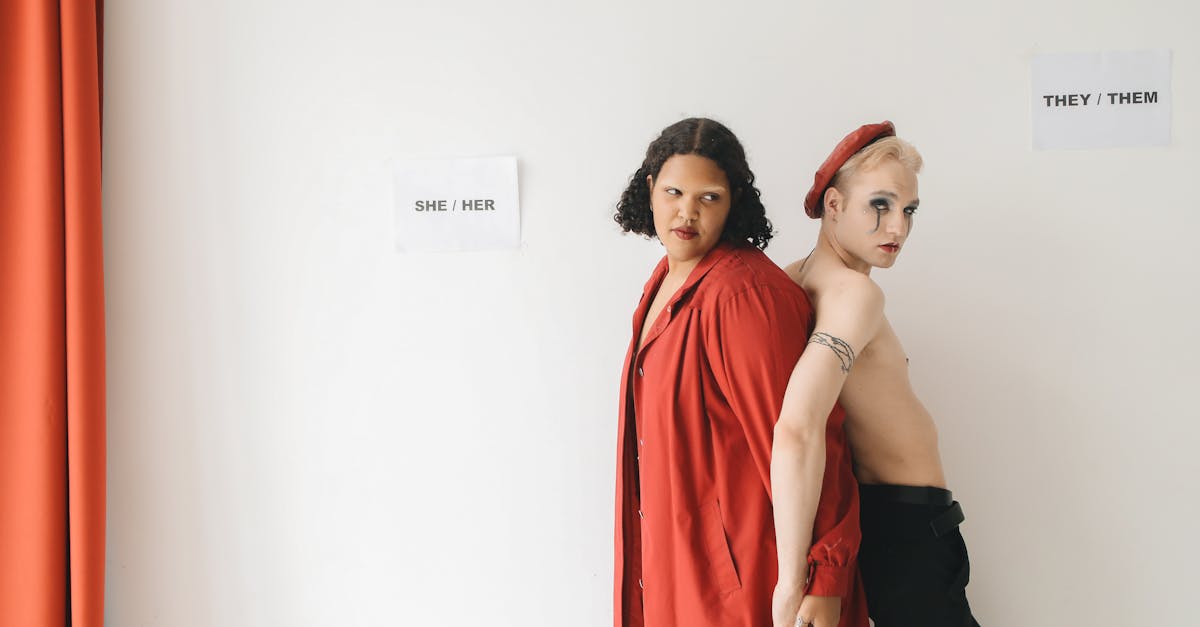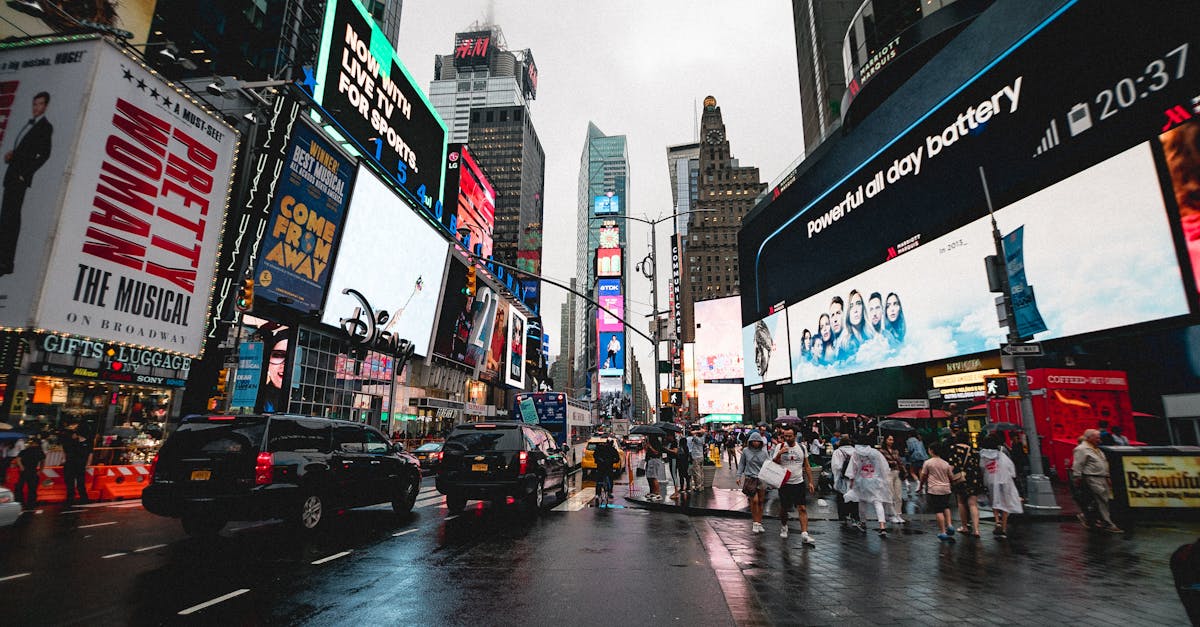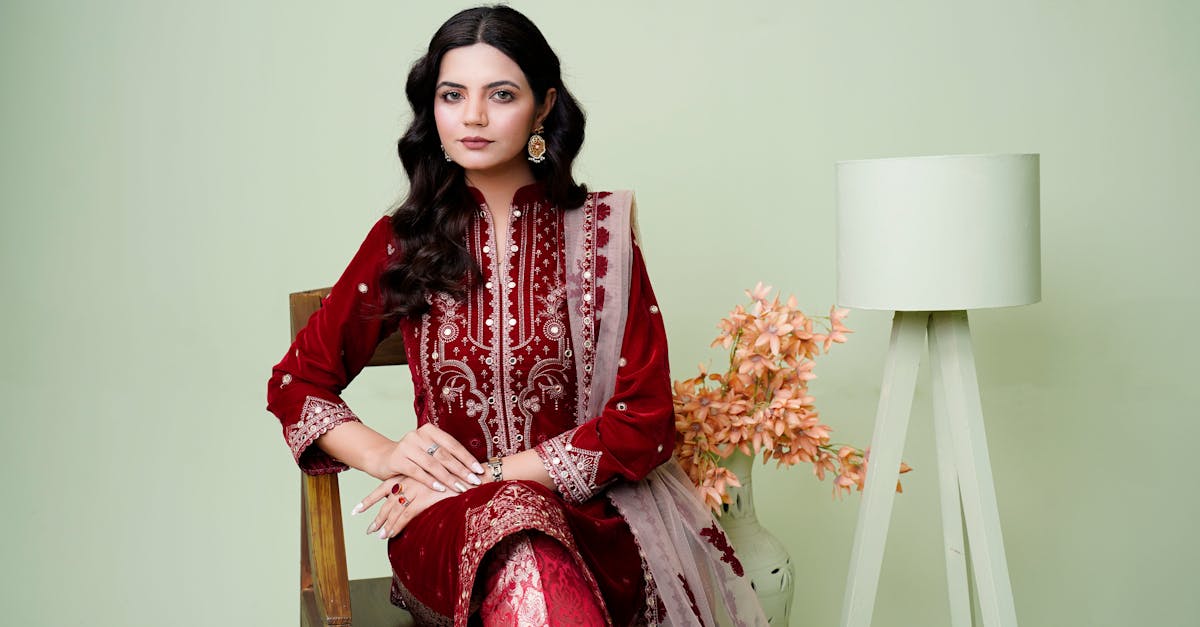Mindful Fashion Insights Beyond The Runway
Introduction
In today’s fashion industry, the concept of mindful fashion extends beyond mere trends and glamorous runways. The industry is undergoing a transformation, emphasizing sustainable practices that prioritize environmental and social consciousness. Mindful fashion involves careful consideration of design, production, and consumption to minimize ecological impact. With growing awareness of climate change and social justice, consumers are demanding transparency and responsibility from their favorite brands. As we explore this fascinating topic, we'll delve into how mindful fashion is reshaping the industry and influencing a more sustainable future.
Advertisement
Understanding Mindful Fashion
Mindful fashion is about making intentional choices that recognize the impact of fashion on both people and the planet. It encompasses everything from sourcing sustainable materials to ensuring fair labor practices in the supply chain. Fashion designers and brands are increasingly adopting eco-friendly fabrics like organic cotton, bamboo, and recycled polyester. These choices aim to reduce water consumption, emissions, and waste. Mindful fashion also champions ethical production processes, where workers are paid fair wages and work in safe environments. This movement advocates for fashion that respects both human rights and environmental health.
Advertisement
The Shift to Circular Fashion
Circular fashion is a revolutionary approach that prioritizes using and reusing resources for as long as possible. Unlike the traditional linear model of ‘take, make, dispose,’ circular fashion seeks to close the loop by designing out waste and keeping materials in use. Brands like Stella McCartney and Eileen Fisher are spearheading initiatives for recycling and upcycling garments. Eco-conscious consumers can participate by choosing second-hand clothes or renting outfits instead of purchasing new ones. With global waste from textiles climbing, embracing circular fashion is crucial to reducing the environmental footprint.
Advertisement
The Rise of Slow Fashion
Slow fashion is the antithesis of the rapid cycles characteristic of fast fashion. This philosophy encourages mindful consumption and a deeper appreciation for craftsmanship and quality over quantity. By purchasing less and choosing well-made, timeless pieces, consumers can reduce waste and demand more ethical practices from brands. The slow fashion revolution is propelled by brands that produce limited collections, using sustainable practices without compromising on style. This paradigm shift is fostering a community of conscious consumers who value uniqueness and sustainability over impulse shopping.
Advertisement
Tech Meets Sustainability
The fashion industry is witnessing a surge of technology-driven innovations that support sustainability. Phygital fashion, which combines physical and digital elements, presents creative solutions for reducing waste. Companies are developing virtual try-ons and digital wardrobes to minimize returns and resource use. Blockchain technology is being harnessed to provide traceability and transparency across supply chains. Meanwhile, AI is optimizing production processes to reduce overstock and improve efficiency. Such innovations facilitate more informed decisions for both consumers and manufacturers, propelling the mindful fashion movement forward.
Advertisement
The Global Influence of Ethical Fashion
Mindful fashion is no longer a niche concept; it is gaining momentum on the global stage. Cross-cultural collaborations are emerging as designers seek inspiration and solutions from diverse communities. Initiatives are empowering local artisans and preserving traditional crafts, while creating sustainable income opportunities. Ethical fashion encourages consumers to consider the origins of their purchases, fostering cultural appreciation and awareness. By supporting brands that uphold ethical standards, global citizens can contribute to building a more inclusive and responsible industry.
Advertisement
Challenges Faced by Mindful Fashion
While the mindful fashion movement continues to gain traction, several challenges persist. The high cost of sustainable materials and production processes often leads to higher consumer prices. This can limit accessibility for individuals from varying economic backgrounds. There is also the challenge of greenwashing, where brands falsely advertise their practices as sustainable to attract eco-conscious consumers. Overcoming these barriers requires stringent industry standards, consumer education, and government support. The journey towards truly mindful fashion demands commitment and collaboration across all levels.
Advertisement
The Role of Education and Advocacy
Education and advocacy play pivotal roles in driving the mindful fashion movement. By raising awareness about sustainability issues, organizations empower consumers to make informed choices. Education also encourages aspiring designers to integrate ethical practices into their future endeavors. Industry leaders are advocating for policy changes that support eco-friendly initiatives and sustainable growth. Collaborative campaigns and events promote sharing of knowledge and creative solutions. Through these efforts, mindful fashion is becoming a transformative force, fostering a culture of responsibility and change.
Advertisement
Fashion’s Impact Beyond the Runway
Mindful fashion extends its influence beyond aesthetics and trends, affecting broader social and environmental dimensions. It is a catalyst for discussions about overconsumption, labor rights, and biodiversity. Brands are acknowledging their responsibility to implement circular and sustainable models, reflecting a commitment to positive change. Consumer empowerment is increasing as people demand accountability and greater transparency from the companies they support. This evolution signifies an opportunity to reshape the future of the fashion industry, where profitability and sustainability coexist harmoniously.
Advertisement
Conclusion
Mindful fashion represents a meaningful shift in the fashion industry, advocating for sustainability, ethics, and conscious consumption. As consumers become more aware of their impact, they drive brands to adopt eco-friendly and ethical practices. The movement challenges traditional industry norms and produces innovative solutions that respect both human rights and environmental health. By embracing mindful fashion, we create a legacy for future generations that values quality, transparency, and responsibility. Ultimately, as this transformative journey unfolds, fashion emerges not just as an expression of style but as a powerful agent of change.
Advertisement








